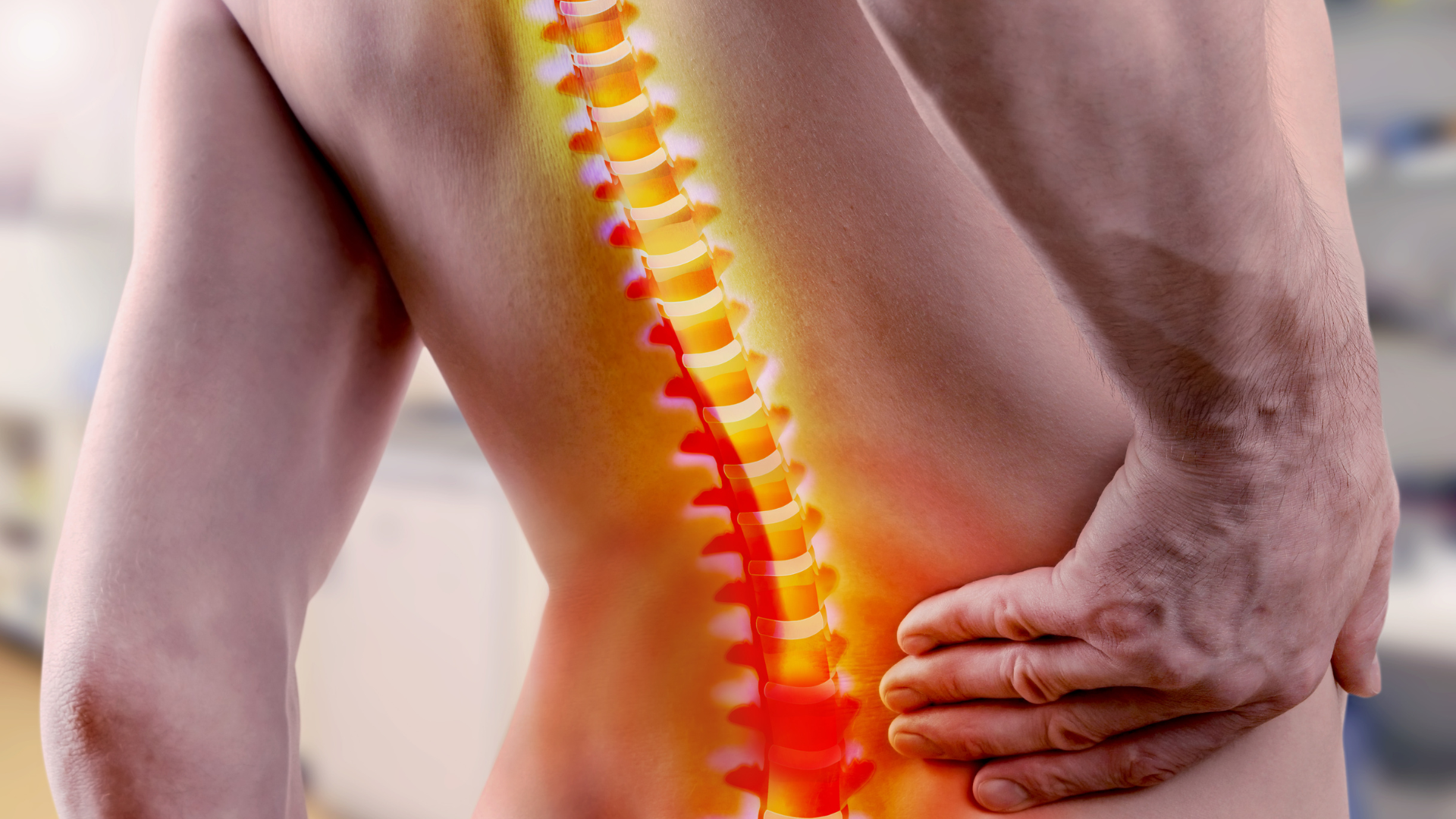‘‘Facet Joint Injection for Back & Neck Pain Ultrasound-Guided Treatment’’
Facet joint injections are a safe, minimally invasive treatment designed to relieve chronic neck and back pain caused by arthritis, poor posture, or spinal wear and tear. Using real-time ultrasound guidance, this procedure delivers precise pain relief directly to the inflamed joints, helping restore mobility, reduce stiffness, and improve overall quality of life —all without surgery or radiation exposure.
What Is a Facet Joint?
The facet joints are small stabilizing joints located at the back of your spine, connecting each vertebra to the next. They act like hinges — allowing smooth movement, flexibility, and stability.
Over time, these joints can become inflamed or irritated due to arthritis, poor posture, repetitive strain, or injury. This leads to facet joint syndrome, a common cause of chronic neck, mid-back, and lower back pain.
Conditions Treated with Facet Joint Injections
Facet joint injections are highly effective for pain caused by inflammation or degeneration within the spinal joints, including:
Cervical Spine (Neck Pain): Headaches, shoulder, or arm pain due to cervical arthritis.
Thoracic Spine (Mid-Back Pain): Stiffness and discomfort from posture-related strain or degenerative changes.
Lumbar Spine (Lower Back Pain): Pain radiating to the buttocks or thighs, often worsened by bending or standing.
Spinal arthritis (Spondylosis): Age-related joint wear and tear.
Post-traumatic Pain: Following whiplash injuries or spinal trauma.
Postural Back Pain: Common in those with sedentary lifestyles or poor spinal alignment.
Symptoms of Facet Joint Pain
Facet joint pain may present as:
Persistent neck pain (cervical spine)
Mid-back discomfort (thoracic spine)
Lower back pain (lumbar spine)
Pain radiating into the buttocks, shoulders, or thighs
Stiffness and restricted mobility
This discomfort can make everyday activities — such as sitting, standing, walking, or even turning in bed — difficult and exhausting.
Step-by-Step: How Facet Joint Injection Is Performed
1. Consultation & Assessment
Your doctor will take a detailed medical history, perform a physical examination, and review imaging studies (X-rays, MRI, or CT scans) to confirm that the facet joints are the source of pain.
2. Preparation
You’ll be positioned comfortably (usually face-down or side-lying).
The skin over the injection site is cleaned and sterilized.
A small amount of local anesthetic is applied to numb the area.
3. Ultrasound Guidance
A high-resolution ultrasound probe is placed over the spine.
The doctor visualizes the facet joint and surrounding structures in real-time.
A thin sterile needle is inserted with live ultrasound guidance for maximum accuracy.
4. Injection
A small amount of local anesthetic and corticosteroid is injected into the joint space to reduce inflammation and pain.
5. Recovery
The entire procedure takes around 15–30 minutes.
Patients are monitored briefly and usually go home the same day.
Normal activities can typically be resumed within 24 hours.
Benefits of Facet Joint Injections
Quick outpatient procedure – no hospital stay needed
Pain relief within hours to days
Reduced inflammation lasting weeks to months
Improved mobility and posture
May delay or avoid surgery
Safe for repeated use if required
Aftercare & Recovery
Mild soreness at the injection site may occur — this usually resolves within 1–2 days.
Apply ice packs for comfort if needed.
Pain relief typically begins within a few hours to a week.
Duration of relief varies: some patients experience weeks, others several months.
Combining injections with physiotherapy and exercise often provides long-term benefit.
Repeat injections may be recommended if pain returns.
Who Is a Candidate for Facet Joint Injection?
You may be a suitable candidate if you have:
Chronic neck or back pain not improving with medication or physiotherapy
Pain worsened by bending, twisting, or prolonged sitting/standing
Arthritis or degenerative changes seen on imaging
Pain following whiplash or spinal injury
Reduced quality of life due to persistent spinal pain
Not suitable for:
Patients with active infection or bleeding disorders
Those with uncontrolled diabetes
Pregnant women (unless carefully evaluated)
Conclusion:
Facet joint pain can significantly affect spinal mobility and daily function, but modern imaging and targeted treatments have transformed patient outcomes. Emerging evidence emphasizes the effectiveness of ultrasound guidance in both diagnosing and managing facet-related spine pain.
As clinical research continues, ultrasound-guided facet joint injections are becoming an integral part of advanced spine care — offering patients a safer, more effective, and radiation-free solution to restore mobility and improve quality of life.
References:
Ashmore, Z., Bies, M., Meiling, J., Moman, R. N., Hassett, L. C., Hunt, C. L., Cohen, S. P., & Hooten, W. M. (2022). Ultrasound-guided lumbar medial branch blocks and intra-articular facet joint injections: A systematic review and meta-analysis. Pain Reports, 7(3), e1008.
Nisolle, M. L., Ghoundiwal, D., Engelman, E., et al. (2023). Comparison of the effectiveness of ultrasound-guided versus fluoroscopy-guided medial lumbar bundle branch block on pain related to lumbar facet joints: A multicenter randomized controlled non-inferiority study. BMC Anesthesiology, 23, 76.
Selin Güven Köse, H. C., Köse, S. G., Çelikel, F., & Akkaya, O. T. (2023). Fluoroscopy-guided versus fluoroscopy-confirmed ultrasound-guided S1 transforaminal epidural injection with pulsed radiofrequency: A prospective, randomized trial. Eurasian Journal of Medicine, 55(1), 43–49.
Wang, X., et al. (2024). Efficacy and accuracy of ultrasound-guided injections in the treatment of cervical facet joint syndrome: A systematic review. Pain Physician Journal.
Yilmaz, K., & Karatas, M. (2022). Does ultrasound-guided facet joint injection reduce pain and improve mobility in patients with failed back surgery syndrome? Joint Diseases and Related Surgery, 33(3), 478–484.




